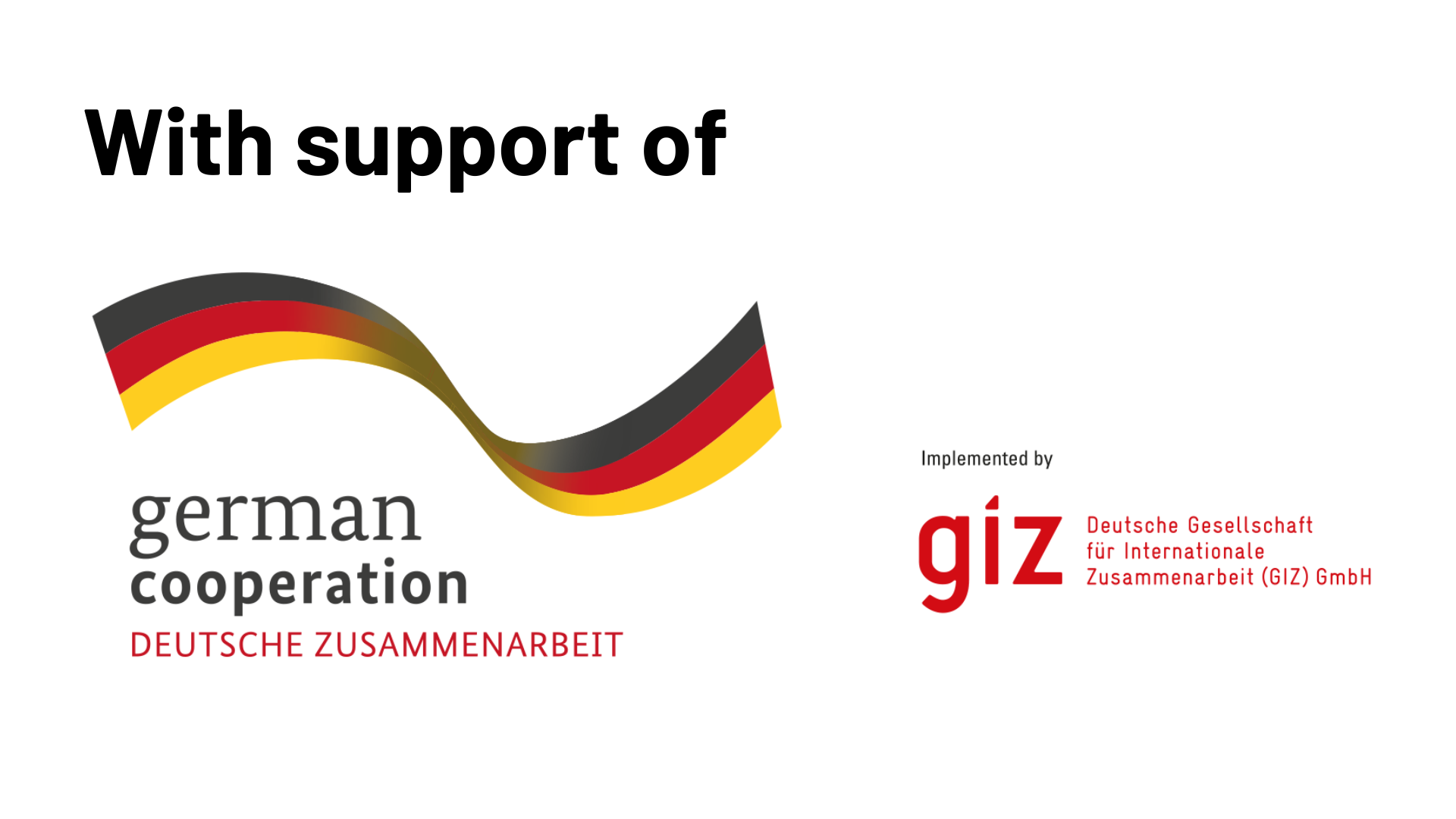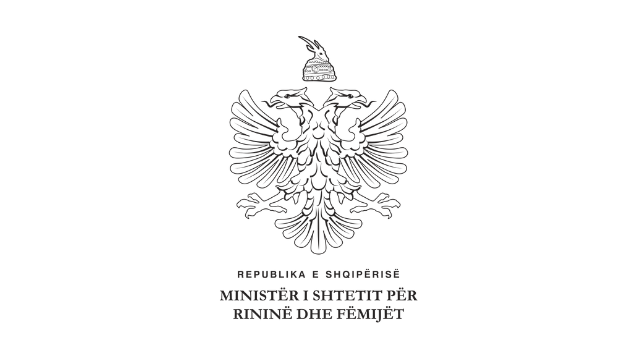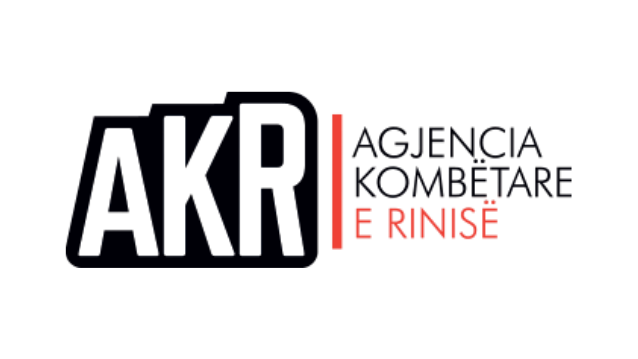
UfM Med Youth Lab 2025
The UfM Med Youth Lab 2025 is a skills-building programme focused on project development for Euro-Mediterranean youth aged 18–29. This dynamic initiative combines online training sessions throughout the summer of 2025 with an engaging three-day in-person workshop and final pitch event in Tirana, Albania during 29 September – 2 October 2025.
Participants will collaborate closely with experts, mentors, and peers to create innovative projects addressing key issues that impact the Mediterranean region. Specifically, they will work under three thematic clusters related to youth engagement: climate adaptation, education to work, and peacebuilding. The programme empowers participants by equipping them with essential project management tools, leadership skills, and collaborative strategies to drive positive change in their communities and beyond.
Up to three of the project proposals drafted during this year’s edition will get the chance to join an online mentorship program delivered by UEMF Euromed Innovation Center.
The UfM Med Youth Lab 2025 is organised by the Union for the Mediterranean (UfM), with the support of the German Development Cooperation, in partnership with the Anna Lindh Foundation (ALF), the European Institute of the Mediterranean (IEMed), and the Euro-Mediterranean University of Fes (UEMF), with the institutional support of the Albanian Ministry of State for Youth and Children and the National Youth Agency of Albania.

Thematic Clusters of UfM Med Youth Lab 2025

Youth and Climate Adaptation
The meaningful engagement of young people in creating and carrying out solutions to address the impacts of climate change.
This includes shaping innovative policies, leading community-based initiatives, promoting climate education, and developing creative responses. As one of the most affected groups, youth play a vital role in advancing sustainability through civic engagement, entrepreneurship, technology, and local action. Their participation strengthens long-term resilience by bringing fresh ideas, fostering intergenerational dialogue, and embedding climate justice into adaptation strategies.

Youth from Education to Work
The crucial period when young people move from formal schooling into the world of employment.
This phase involves not only gaining academic and vocational qualifications but also building personal and professional skills needed to enter, adapt to, and grow within the workforce. Activities like internships, training programmes, and real-world work experience help bridge this gap. However, many face obstacles such as skills mismatches, long-term unemployment, and unequal access to opportunities. To ease this transition, it is vital to offer comprehensive support—including career guidance, mentorship, and accessible advice.

Youth in Peacebuilding
The role of young people in creating and sustaining peace by tackling the underlying drivers of conflict.
This includes promoting inclusion, equity, and social cohesion through dialogue, advocacy, education (both formal and informal), and community-based initiatives. Youth are key actors in preventing violence, healing divisions, and driving reconciliation at all levels. Their contributions—ranging from policy engagement to humanitarian action—bring fresh perspectives and practical, youth-centered solutions to peace processes.
Previous edition
Objectives of the UfM Med Youth Lab 2025
- Engage ca.60 young individuals in project development training and thematic sessions related to the three thematic clusters.
- Foster the development of project proposals through teamwork and practical exercises.
- Enhance participants’ soft skills to upscale their project ideas.
- Promote dialogue between youth, Civil Society Organisations (CSOs), international and regional organisations, and policy actors.
Background
The UfM Med Youth Lab aligns with the UfM Youth Agenda: Call for Action, a guiding document that call Euro-Mediterranean stakeholders to recognize the transformative power of youth and empower them, focusing on three thematic priorities: Environment and Climate Action, Education and Employment, and Social inclusion and Participation. The initiative aims to operationalize the UfM Youth Strategy 2030 and aligns with the other activities of the UfM Youth Dossier, focused on fostering youth engagement in capacity-building activities and multistakeholder dialogue.
Emerging from the experience and feedback of the 3rd edition of the Mediterranean Youth Academy (2023) and the first edition of the UfM Med Youth Lab (2024), the UfM Med Youth Lab addresses the identified need for skill-building initiatives to empower Euro-Mediterranean youth in transforming their ideas into concrete projects. Furthermore, the thematic clusters of the 2025 edition of the UfM Med Youth Lab emerged from online consultations with our network, which include youth–led civil society organisations, youth experts, policy-makers, and international and regional organisations.








